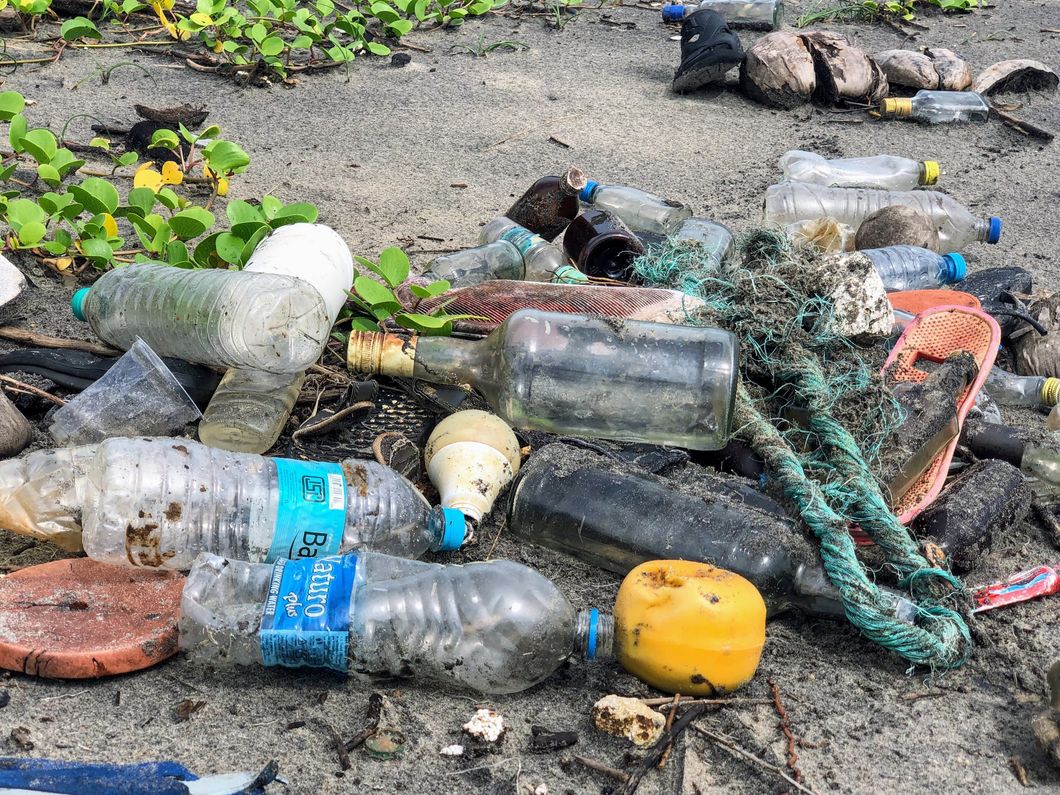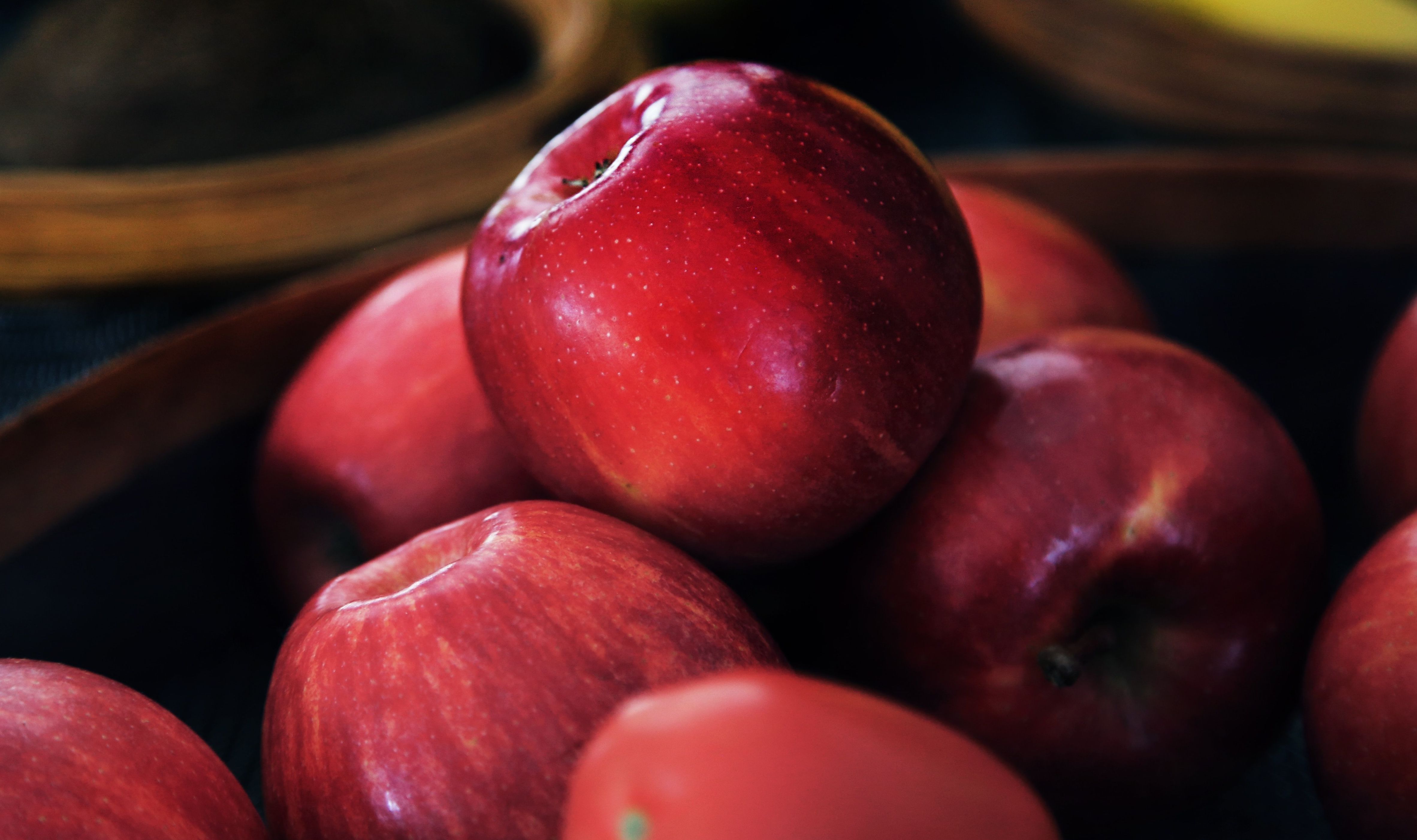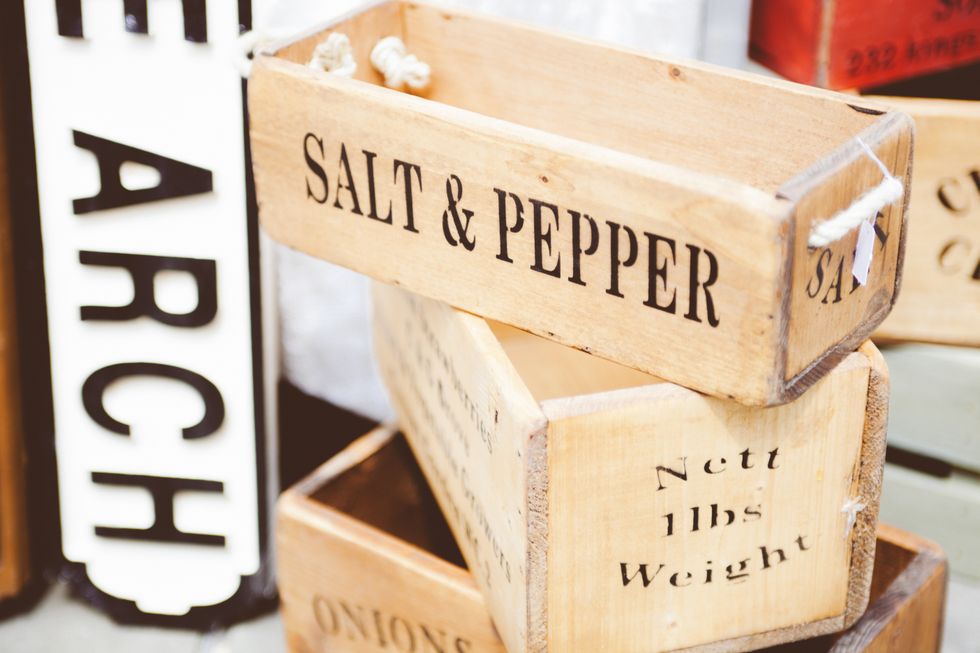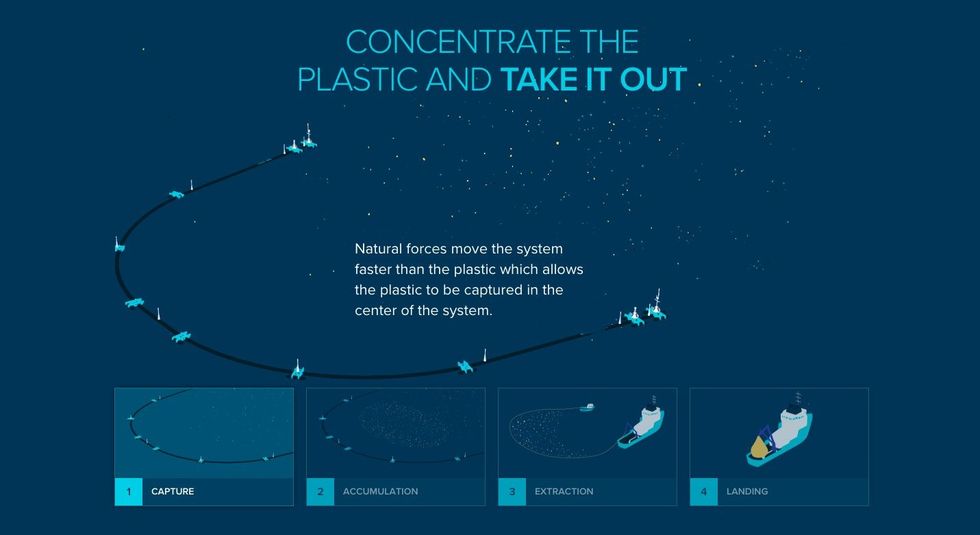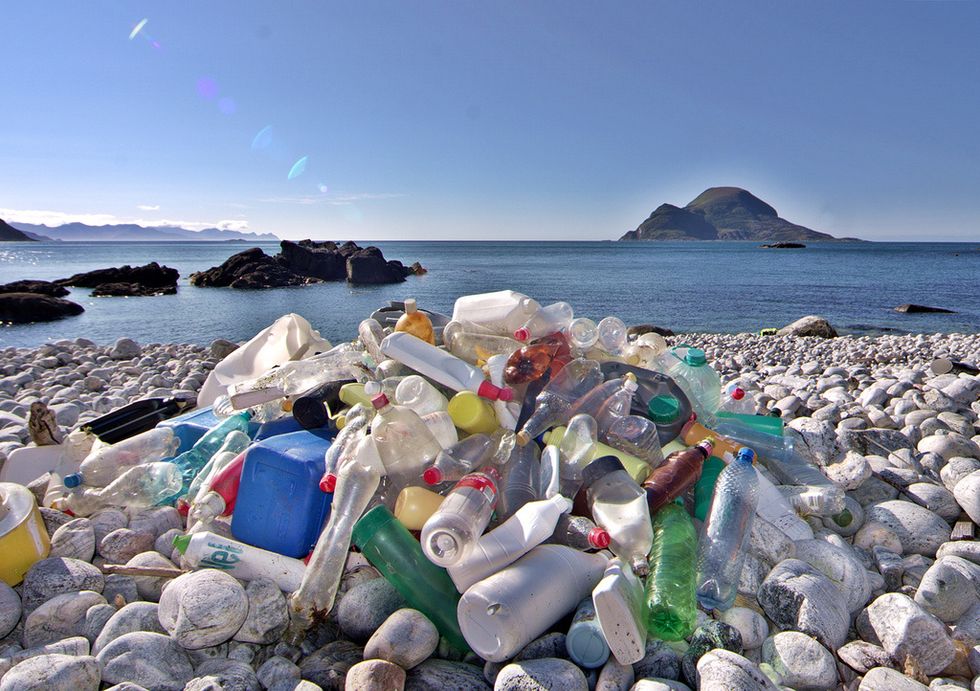Going Green On Campus: 7 Ways You Can Help The Planet
We each have a part to do in keeping our Earth clean.
As humans, we're all individual, with our own values and interests. And as humans, we all live on the same earth, and because of that one little fact we are all responsible for keeping it clean. It has been estimated that we only have 11 years before the damage done to Earth becomes irreversible. But it can be reversed if we each put in our own effort. Sometimes we don't know what to do to help, and living on a college campus can limit what we can do. Here are 7 easy ways to go green, wherever you are.
1. Invest in a reusable water bottle.
Plastic water bottles and bottle caps are some of the most common litter found in ocean. The manufacturing of plastic bottles takes a huge amount of oil and other fossil fuels. It also takes way more water to produce a water bottle than it does to fill it. More than 30 billion plastic bottles are never recycled, and end up in landfills or as litter.
Plastic bottles don't biodegrade. You can save a substantial amount of money by switching all of your bottles and containers to reusable materials. Plus, you can decorate a metal water bottle with stickers, which can be really fun and individualized.
2. Ditch the straw.
As silly as it may seem, plastic straws are one of the top ten plastic pollutants in the ocean. By not using a straw, you can help prevent plastic pollution. If we're being honest, we don't really need straws.
More and more restaurants are giving out straws by request only, or using paper straws. Forgoing a straw may seem like such a small thing, but it can have a large impact in the long run.
3. Go vegetarian one day a week.
If you're like me and you like meat, this can seem like a challenge. But by not consuming meat for a day, you can save up to 3,000 gallons of water, and 16 pounds of grain. Avoiding red meat also reduces your carbon footprint.
As a bonus, going meatless for one day a week can provide health benefits like weight loss and healthier cholesterol levels.
4. Buy natural products.
There is always a natural, healthier alternative to any product you may need. There are already many name-brand food companies that have vowed to disuse palm oil because of the devastating deforestation that it causes.
There are also many beauty products that use only natural ingredients, and along with being eco-friendly, they can be just as good or better than synthetic products.
5. Borrow instead of buy.
Not only will you be saving money, but by the time graduation comes, your room will be easy to clean up. You can borrow books from libraries, use the internet for things like movies and music, or get a ride with a friend instead of driving. When you borrow, you'll be saving natural resources and your own resources.
6. Recycle.
This seems kind of obvious, but only about 9% of plastic is recycled worldwide. Recycling helps reduce new plastic in circulation and slows down ocean pollution. Over 8 million metric tons of trash end up in the ocean each year, and it's not just from the coasts. Trash finds its way into storm drains and flows down rivers into the ocean. Even if you live in a landlocked area, your trash matters.
7. Speak up!
You can support organizations dedicated to helping the planet by posting about them on social media or talking about them with friends. My favorite is the National Oceanic and Atmospheric Association because they provide easy-to-use tools, resources, and information.
You can join organizations or movements on campus, and dedicate time to proactively solving the problem of pollution. You can talk to friends about what you know. You can be a part of a worldwide solution.
There is always more you can do for your environment. Keep in mind that no act is too small. You have the power to make a real difference.


